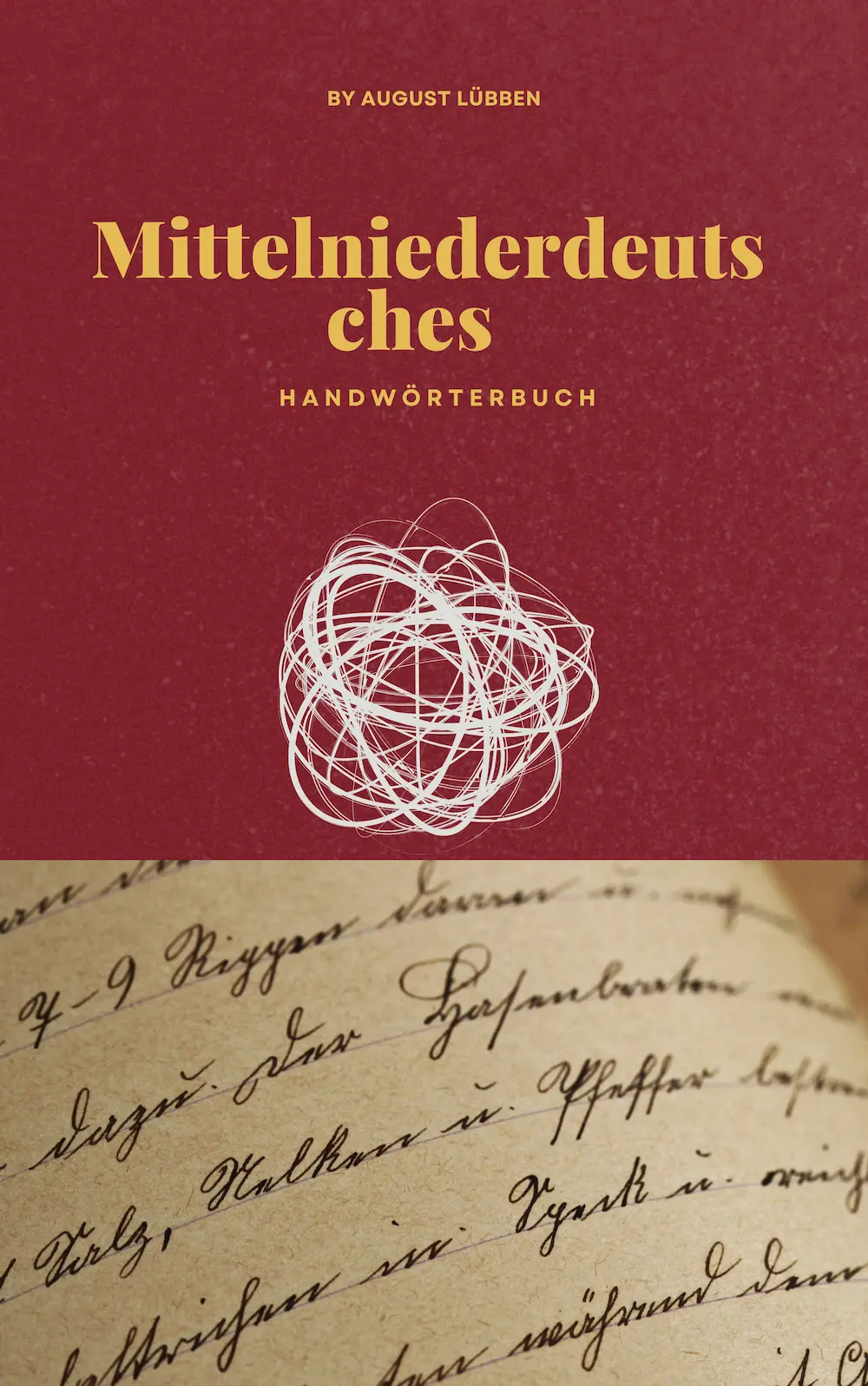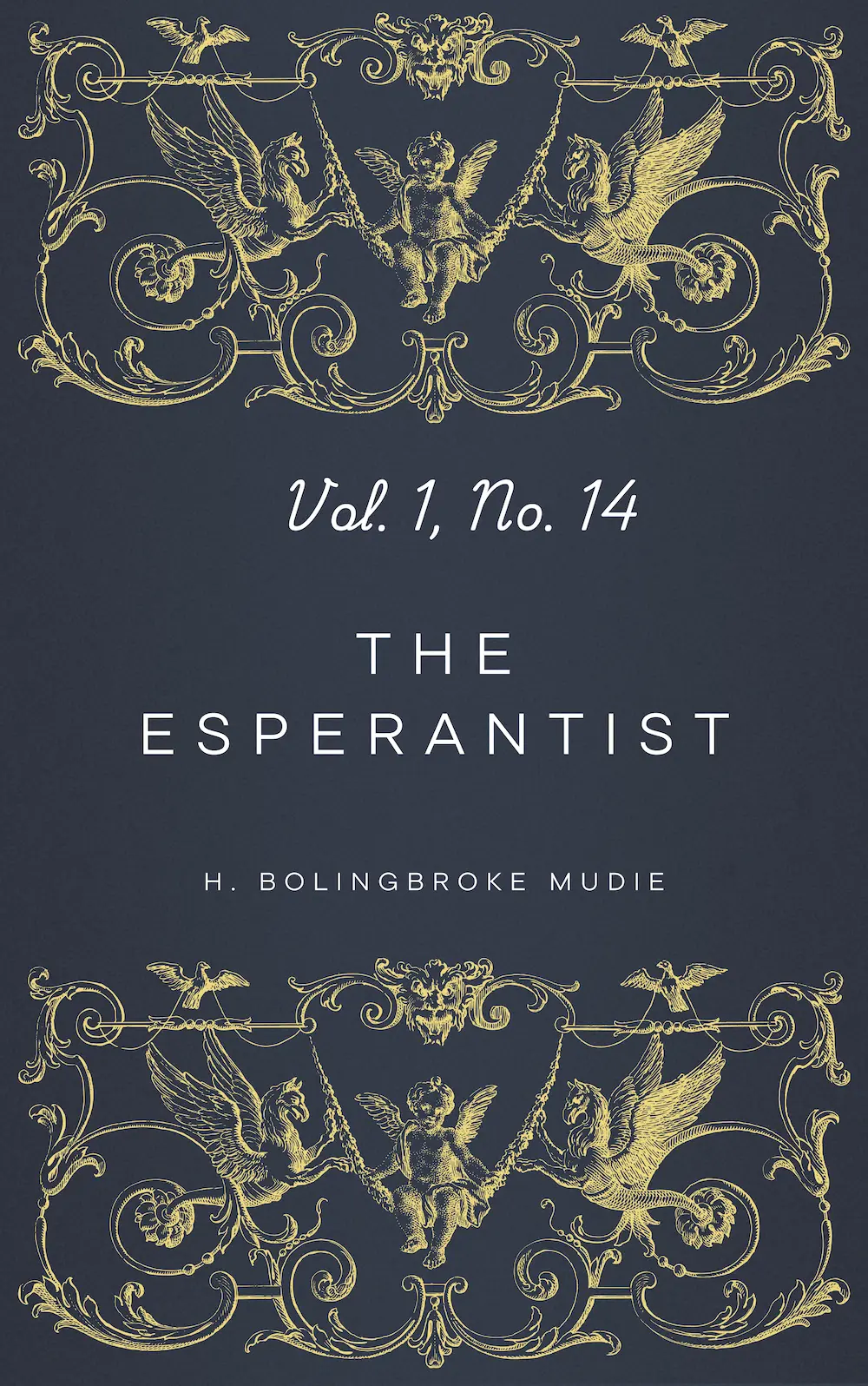
Mittelniederdeutsches Handwörterbuch by August Lübben
August Lübben’s Mittelniederdeutsches Handwörterbuch is a foundational dictionary of Middle Low German, the medieval language of northern Germany and the Hanseatic League. Compiled in the late 19th century, this authoritative reference work provides detailed definitions, word origins, and usage examples, serving scholars of Germanic philology, medieval literature, and historical linguistics. Despite its age, Lübben’s lexicon remains a vital resource for interpreting legal, literary, and mercantile texts from the Middle Ages to the early modern period.
26.00 USD
Related Books

The Expedition to Borneo of H.M.S. Dido by Keppel and James
10.00 USD

The Esperantist, Vol. 1, No. 14 by H. Bolingbroke Mudie
14.00 USD

The Commentaries of Cæsar by Anthony Trollope
19.00 USD
Summary
August Lübben’s Mittelniederdeutsches Handwörterbuch is a foundational dictionary of Middle Low German, the medieval language of northern Germany and the Hanseatic League. Compiled in the late 19th century, this authoritative reference work provides detailed definitions, word origins, and usage examples, serving scholars of Germanic philology, medieval literature, and historical linguistics. Despite its age, Lübben’s lexicon remains a vital resource for interpreting legal, literary, and mercantile texts from the Middle Ages to the early modern period.
Analysis
August Lübben’s Mittelniederdeutsches Handwörterbuch is a foundational dictionary of Middle Low German, the medieval language of northern Germany and the Hanseatic League. Compiled in the late 19th century, this authoritative reference work provides detailed definitions, word origins, and usage examples, serving scholars of Germanic philology, medieval literature, and historical linguistics. Despite its age, Lübben’s lexicon remains a vital resource for interpreting legal, literary, and mercantile texts from the Middle Ages to the early modern period.